While US politics remains divisive, direct democracy is proudly at work locally
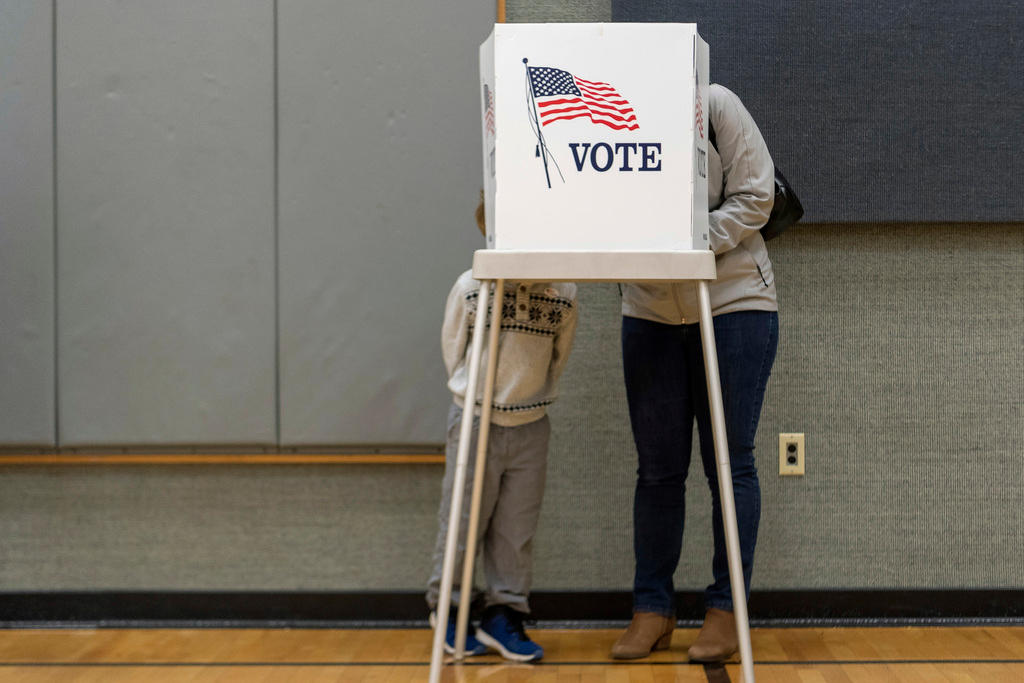
While much of the focus of this past US election night was on the high-profile congressional and governor races, US citizens in many states also participated in thousands of ballot measures initiated by the people themselves. Voting results show that direct democracy is working at a local level in contrast to the divisive politics in Washington.
Election days in the US offer a fascinating wealth of insights into the state of democracy in America. The procedures and practices of modern direct democracy by initiatives and referendums are a very important part in most American states and cities. On November 6, 158 state-wide votesExternal link took place across 37 US states. Additionally, several thousand local initiatives and referendums were on the ballot with the most in California where 540 such votes were registered.
The results of these popular votes offered a welcome respite from the divisive and reactionary politics in Washington.
Voting to let convicted felons vote
In Florida voters surprisingly and overwhelmingly approved a ballot initiative to restore voting rights for people convicted of certain felonies after they have served their terms. Until yesterday, Florida was one of the last remaining states along with Iowa and Virginia that bars convicted felons from voting.
With the approval of Amendment 4External link by a majority of almost 65%, more than 1.5 million Floridians will get back their voting rights – including almost 500,000 African Americans. The change is expected to affect future election results in Florida, including presidential races where Florida has been a key battleground state.
In Florida voters decided on 11 other constitutional amendments, accepting all but one of themExternal link. A unique feature of ballot initiatives in Florida is that they require a super-majority of 60% approval to pass.
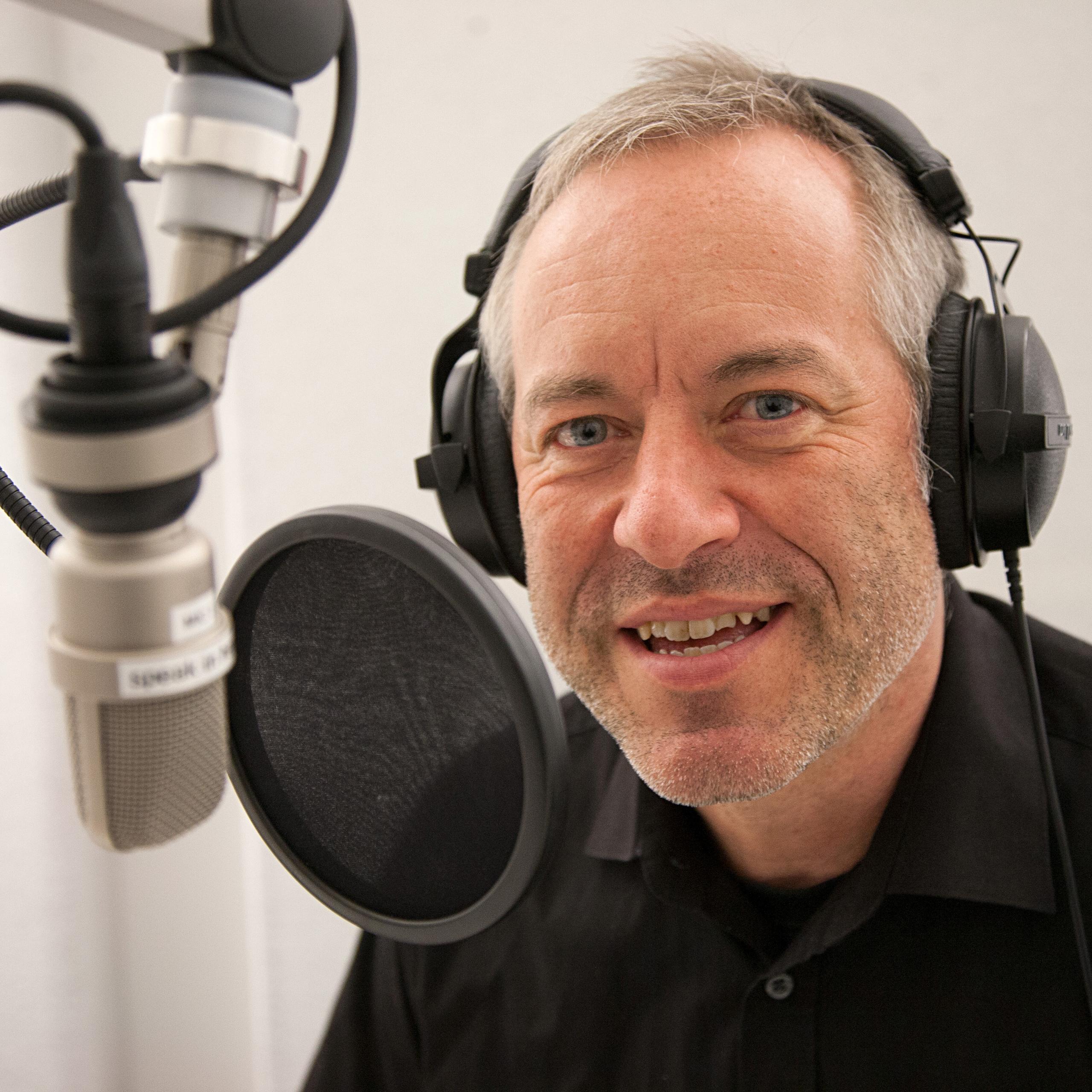
Legalize marijuana, limit gerrymandering
On November 6 another US-wide trend was reinforced at the ballot box, in defiance of the will and views of the current White House occupant. Missouri became the 31st state to legalise medical marijuana while Michigan became the 10th state to legalise recreational marijuana joining other states like California and Vermont.
In Missouri the so-called “Medical Marijuana and Veteran Healthcare Services Initiative”External link received 65% of the vote, while 57% of voters in Michigan voted for the “Marijuana Legalisation InitiativeExternal link”. Observers commented that the recent legalisation of marijuana in Michigan’s northern neighbour Canada just a few weeks ago added international pressure on the vote.
This Tuesday voters in Utah also approved a legalisation proposal at the ballot box, while North Dakotans said no to the same issue.
In many states, citizens’ initiatives also called to limit the rights of politicians to make decisions on voting districts. So-called “gerrymandering” is a recent practice across the US whereby a political party aims to establish a political advantage by changing voter district boundaries.
Since the early part of this decade, local initiatives have helped delegate redistricting to independent commissions. This started in 2011 with an initiative in California supported by then-governor Arnold Schwarzenegger. This week voters in Michigan approved the “Independent Redistricting Commission Initiative”External link by 61%. In Colorado, Missouri and Ohio similar proposals were also approved by citizens, after the US Supreme Court (Gill v WhitfordExternal link) failed to take action to address partisan gerrymandering earlier this year.

More
A marathon, not a sprint: what the midterm elections mean for American democracy
Swiss inspiration for American direct democracy
Modern direct democracy is more than a century old in the US and was inspired by the experience of immigrants and bolstered by public dissatisfaction. The State of Oregon was the first to introduce popular votes on issues in 1904. Since then more than 2,700 state-wide initiatives and referendums made it to the ballot box.
In contrast to Switzerland, where most nationwide citizens’ initiatives never gain a majority, most US citizens’ initiatives are passed. Another unique US feature is the almost total absence of popular referendums (this year just 2 out of 158 state-wide votes were referendums).
A clear feature of modern direct democracy in the US is that more participatory rights are provided by the state constitutions and the city charters in the more western regions of the country. This has partly to do with when the states join the union. When the US was established on July 4, 1776 there were just 13 states – all former colonies of the British Empire with less than four million people.
A century later, when many of the western states were about to be established, the population had increased twenty-folded, and many new ideas had arrived with the immigrants – including the Swiss, where direct democracy was added to the national constitution in 1874 for popular referendums and 1891 for citizens’ initiatives.
Today 27 states have introduced the right for citizens to initiate popular votes. In all 50 US states the local government can put forward issues to the voter. At the federal level however, no such possibilities exist under the current constitution.
The views expressed in this article are solely those of the author, and do not necessarily reflect the views of swissinfo.ch.

In compliance with the JTI standards
More: SWI swissinfo.ch certified by the Journalism Trust Initiative









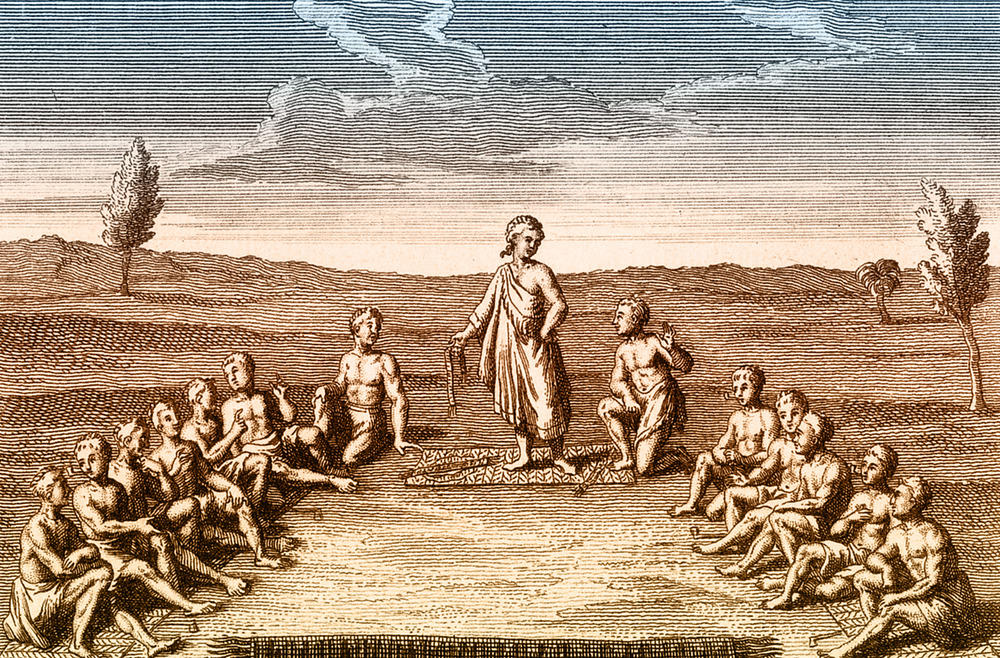
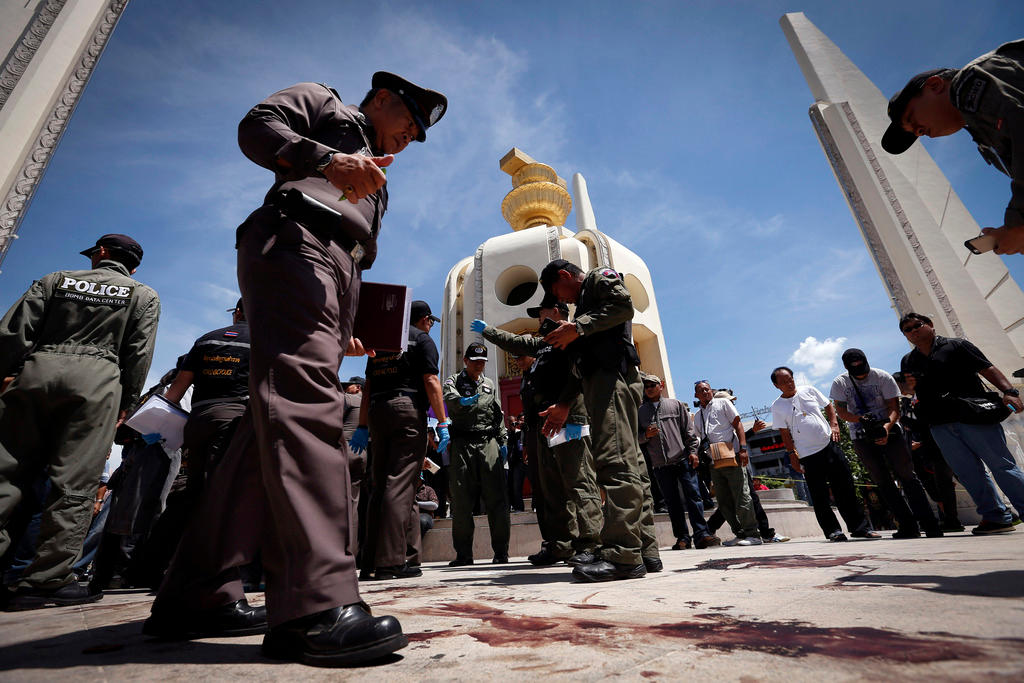
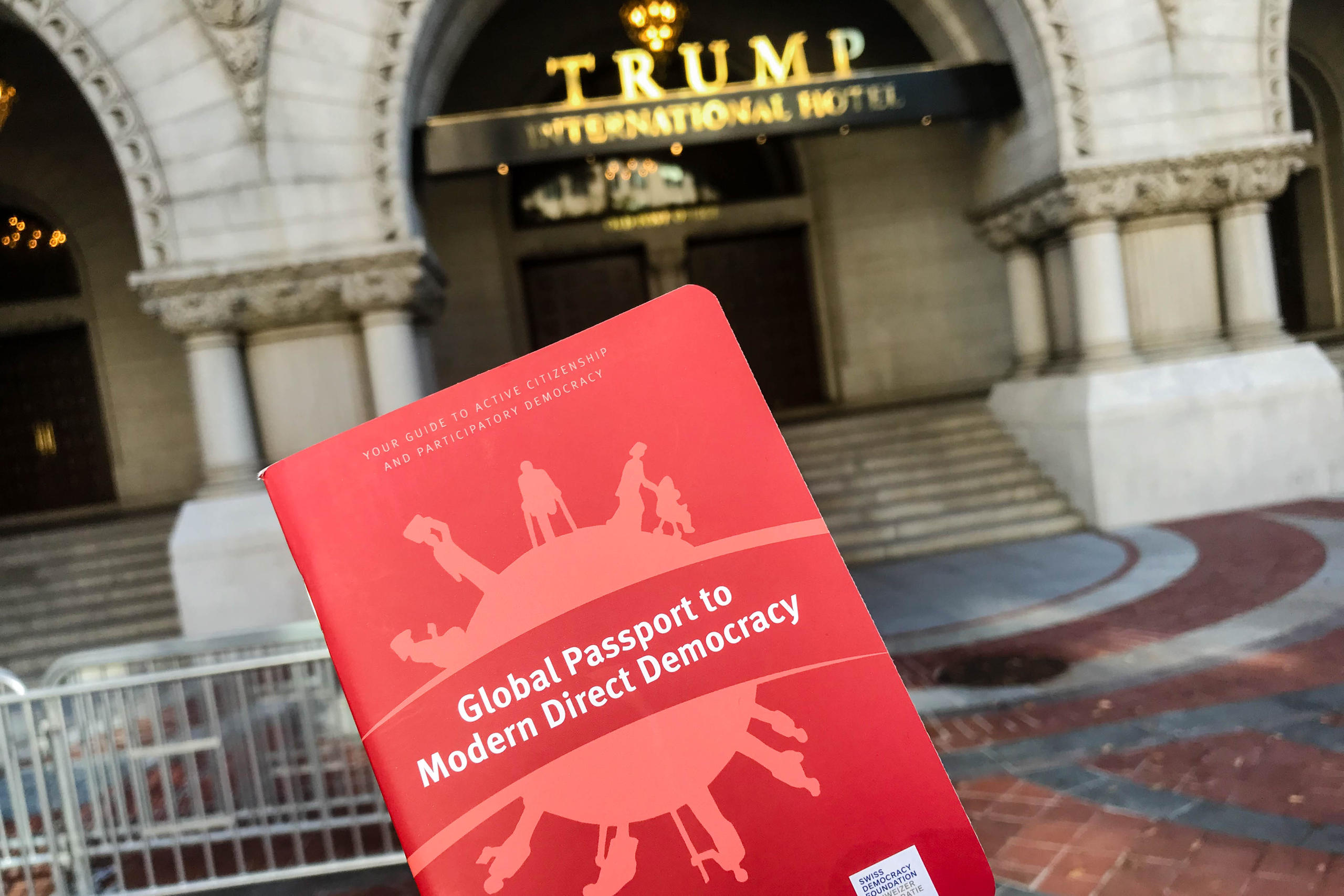
You can find an overview of ongoing debates with our journalists here . Please join us!
If you want to start a conversation about a topic raised in this article or want to report factual errors, email us at english@swissinfo.ch.